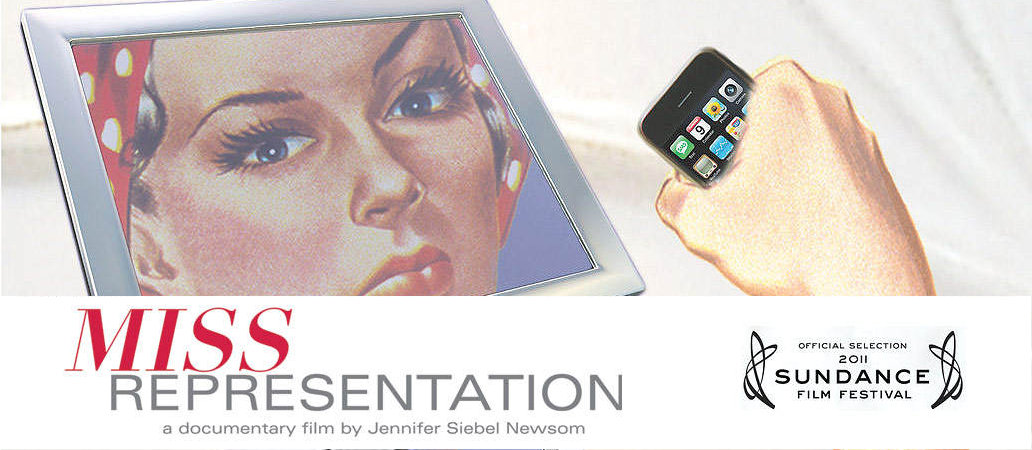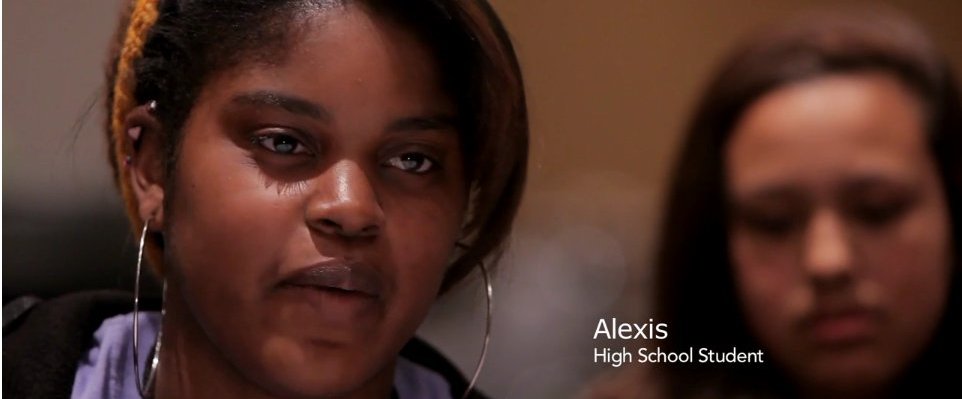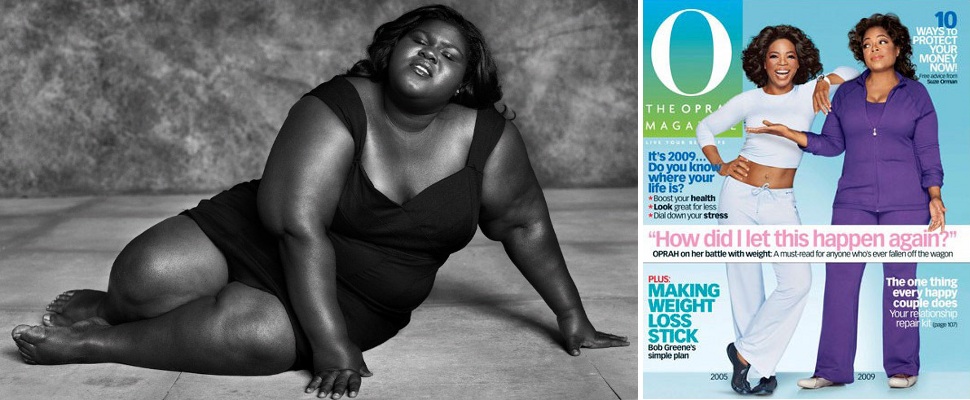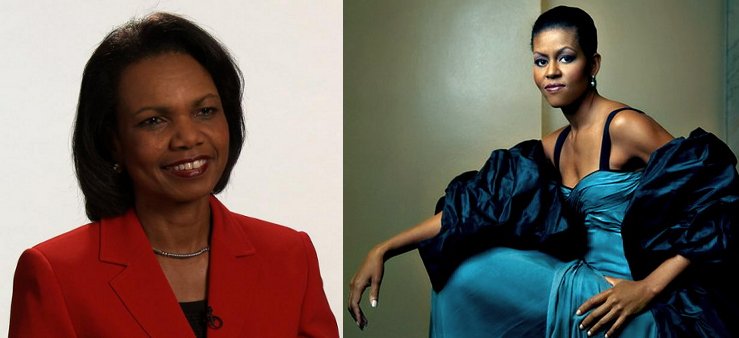
The most common way people give up their power is by thinking they don’t have any. –Alice Walker
I hope to have a child someday, if it’s in the cards for me. To be completely honest, I wish to have a son. I’ve already picked out a name, Marley. Recently I pondered why I had such a fixation on having a boy and not a girl. I’ve always pictured Saturday afternoons at the park playing whatever sport, reading all sorts of literature and taking wonderful trips with him. Not once have I pictured doing any of these things with a girl. Deep down I think my subconscious was busy at work. I know what it means to be a woman in this world. I battle misogynistic standards set upon me on a daily basis. I deal with heteronormative standards about what it means to be a woman and let’s not forget the narrow minded set of ideals of respectability politics. My obstacles aside– I knew there was something deeper that needed to be addressed. I somehow subconsciously, well consciously, thought it would be better to raise a boy and not a girl. As Alice Walker so eloquently states we mustn’t think we are powerless. If I’m blessed to have a girl I mustn’t dwell on the negative but instead make conscious efforts to empower her as much as humanly possible. Jennifer Siebel Newsom set out to make the film ‘Miss Representation’ because she was expecting a child, a girl. In the informative film Newsom aims at showcasing just how misrepresented women are in the media.
Young girls are taught from young age to value their external beauty far above the internal, often times picking up negative depictions of beauty from a very young age. Colorism seeps into the conscious and subconscious in early stages of growth and as young girls mature the depiction of beauty more aggressively become more one-sided. As the film states, the effects are often times subconscious and harmful. High school student Urenna state, “I remember being in the 5th grade and worrying about my weight, I’m in 9th grade now and I still worry about my weight.” Alexis, shown below, “I have close friends who go to the bathroom [at school] and put on 10 lbs of makeup, comb their hair, you know do all this pampering…”

The over obsession of outer beauty is pervasive in our society, “..no matter how accomplished a woman is, her value is still placed on how she looks..” A perfect example of this is Oprah Winfrey. She has very publicly battled issues surrounding her fluctuating weight. On a popular O magazine cover, the subtitle “how did I let this happen again” jump out from the page of the magazine. This succinctly sums up the dilemma. Afterall, Oprah is the Queen of American media yet she isn’t immune to criticism and judgement about her weight.

The film essentially delves into the multitude of misogynistic depictions of women in the media–from the ‘ditzifying of women’ to the trivialization of women in politics. We are familiar with the issues but as one disheartened teenager ask, “when is it going to be enough?” Even with the negative stereotypes and archaic views, I think black women in particular have had enough. We are actively pushing back—putting out scores of blogs and websites that positively showcase our beauty and diversity. Gabourey proudly displaying her full self, body and all. And with powerful images of women in leadership positions such as Condoleezza Rice, young girls have amazing role models to mirror. Let’s not forget our first lady Michelle Obama, intelligent and relatable all at the same time. Dunking on em!

In the closing credits of the film subjects interviewed elaborate on ways to combat negative images and portrayals of women.
Simply turn off your television and read. Reading is a great way to relax as well as expand your mind. We need more female writers, actors, teachers, scientists…read, read, read!
Measure yourself by what’s inside not outside. This is easier said than done but once you start to truly love yourself it will be easier to ignore skewed societal pressures of beauty. Like I said, easier said than done but start somewhere. Positively affirm yourself, tell yourself the things you love the most about you!
Don’t scrutinize other women. We all have taken part in this but really when we tear others down, it really says a lot about us–not the other person. I tend to really despise gossip but I’ve been guilty of this. You know the saying: “if you don’t have anything nice to say then don’t say anything at all.” Yep, change the subject or ignore the empty talk completely.
Don’t support TV shows, magazines, movies etc that poorly depict women. This is a hard one. It can be quite subjective. As my girlfriends sometimes say it’s nice to just chill and watch an episode of ratchet tv like the ‘Real Housewives Of Atlanta’ from time to time. No judgement as I’m guilty of watching as well, limit your intake balance is everything.
Write your own stories. Sharing our stories as well as writing about them is so important in getting a balanced view of our very diverse world. What would our world be without Toni Morrison, Maya Angelou, Alice Walker, Audre Lorde, Toni Cade Bambara? Basically a world without beautiful words and well lacking of much color.
And lastly just look at the media critically. Be mindful of the images that bombard us on a daily basis and control what you can. Like I said balance is everything.
Find a screening: http://www.missrepresentation.org
Join the movement: http://facebook.com/missrepresentationcampaign
Spread the word: http://twitter.com/representpledge
